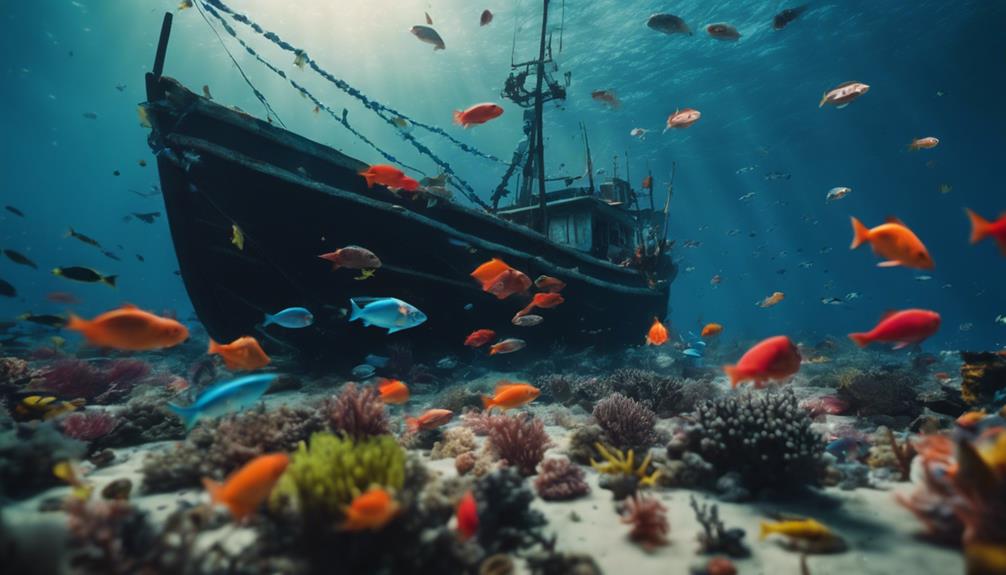Fishing is a beloved pastime for many, allowing enthusiasts to connect with nature, unwind, and perhaps even catch dinner. However, before you can cast your line, it’s essential to understand the requirements for obtaining a fishing license. In this article, we’ll explore everything you need to know about getting a fishing license, including the necessary documents, costs, types of licenses, and more.
Understanding the Importance of a Fishing License
Before diving into the specifics of what you need to get a fishing license, it’s crucial to understand why a fishing license is necessary. A fishing license not only allows you to fish legally but also helps promote responsible fishing practices and conservation efforts. It ensures that fisheries remain sustainable and that fish populations thrive for future generations. Additionally, funds from fishing licenses often go towards habitat restoration and wildlife management, benefiting both the environment and the fishing community.
Types of Fishing Licenses Available
When considering what you need to get a fishing license, it’s essential to know that there are various types of fishing licenses available, depending on your location and fishing intentions. Most states offer different licenses for freshwater and saltwater fishing, along with specialized licenses for specific species. For example, if you’re planning to fish in a designated conservation area or participate in a tournament, you may need a specific type of license. Furthermore, there are often options for residents and non-residents, as well as seasonal licenses that cover particular time frames. Understanding these options will help you choose the right license for your fishing adventures.
Documents Required for Obtaining a Fishing License
To acquire a fishing license, you’ll typically need to provide specific documentation. Generally, the primary requirement is proof of identity, such as a government-issued photo ID, like a driver’s license or passport. In some cases, you may also need to prove residency within the state where you’re applying for a license. This could include documents like utility bills or lease agreements. Additionally, some states require applicants to provide their Social Security number, so it’s essential to check the specific requirements for your state before applying.
Costs Associated with Getting a Fishing License
Another critical factor to consider when determining what you need to get a fishing license is the associated costs. The price of a fishing license can vary significantly based on several factors, including your location, the type of license you choose, and whether you’re a resident or non-resident. On average, a basic freshwater fishing license might range from $10 to $50, while saltwater licenses can be more expensive, sometimes exceeding $100. Furthermore, some states offer discounted rates for seniors, veterans, and children, so it’s worth inquiring about potential savings.
How to Apply for a Fishing License
Once you have the necessary documents and are aware of the costs, the next step is to understand how to apply for a fishing license. Most states offer several convenient options for applying. You can typically purchase a fishing license online through your state’s wildlife agency website, which is often the quickest method. Alternatively, licenses can be obtained in person at designated locations, such as sporting goods stores, bait shops, or local government offices. Some states may also allow you to apply via mail, but this method may take longer to process. Be sure to check your state’s specific application procedures for the most accurate information.
Understanding Fishing Regulations and Restrictions
In addition to knowing what you need to get a fishing license, it’s essential to familiarize yourself with fishing regulations and restrictions in your area. Fishing laws vary from state to state and can even differ within regions of the same state. These regulations may include designated fishing seasons, size and bag limits for specific fish species, and rules concerning the use of certain types of fishing gear. Being aware of these regulations is vital not only for legal compliance but also for the conservation of fish populations. Ignoring these rules can lead to penalties, including fines or the suspension of your fishing privileges, so always stay informed.
Additional Resources for Fishing Enthusiasts
For those looking to enhance their fishing experience, several resources can provide valuable information beyond just what you need to get a fishing license. Many state wildlife agencies offer educational materials on fishing techniques, species identification, and conservation practices. Online forums and social media groups dedicated to fishing can also be great places to connect with fellow anglers, share tips, and learn from each other’s experiences. Additionally, local fishing clubs often host events, workshops, and tournaments that can further enrich your fishing knowledge and skills.
Conclusion: Ready to Get Your Fishing License?
In conclusion, getting a fishing license is a straightforward process, provided you know what you need to get a fishing license and follow the necessary steps. By understanding the types of licenses available, gathering the required documents, and being aware of costs and regulations, you can ensure a smooth application process. With your fishing license in hand, you’re ready to enjoy the tranquility of fishing and contribute to the conservation of our aquatic ecosystems. So gather your gear, choose your fishing spot, and get ready to make unforgettable memories on the water!
